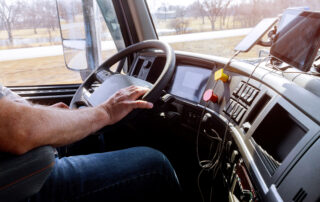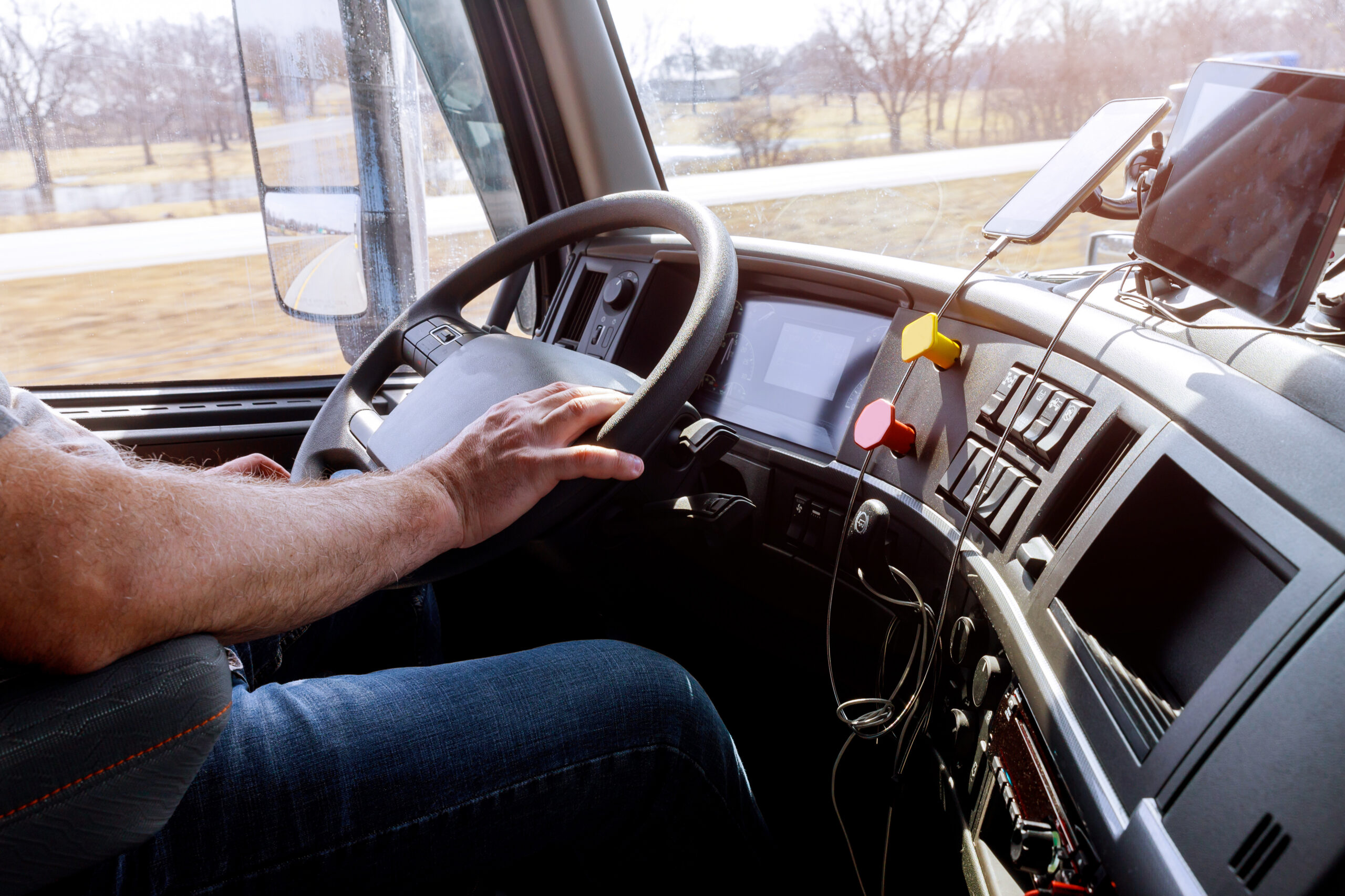Winter months present additional hazards that employees like you typically don’t encounter during warmer weather. Specifically, you may risk experiencing major slips or falls amid snowy and icy conditions, which could lead to serious injuries.
Consider the following recommendations to prevent slip and fall incidents this winter:
- Wear shoes that provide traction on snow and ice. Footwear should be made of slip-resistant materials (e.g., rubber or steel).
- Avoid plastic and leather-soled shoes or boots.
- Exercise caution when entering and exiting vehicles. Use them for balance and support.
- Walk only in designated areas that are safe for foot traffic. Look ahead to the path in front of you to identify possible hazards.
- Avoid inclines that are typically difficult to walk up or down. They may be more treacherous in winter conditions.
- Take small steps to maintain your center of balance, and walk slowly—never run. Despite the cold temperatures, keep your hands out of your pockets to help you maintain your balance and allow you to break a fall should you slip.
- Use handrails, walls or anything stationary to assist in steadying your feet. Test a potentially slippery area before stepping on it by tapping your foot on the surface first. Steer clear of roof edges, floor openings and other drop-offs to further avoid slipping hazards.
- Dry your shoes or boots on floor mats when entering a building to remove excess moisture. This can improve traction. Report any slip and fall hazards you detect on the job immediately. This can prevent future injuries from occurring.
For additional tips on winter weather safety or risk management resources, contact INSURICA today.
This is not intended to be exhaustive nor should any discussion or opinions be construed as legal advice. Readers should contact legal counsel or an insurance professional for appropriate advice. ©2024 Zywave, Inc. All rights reserved
About the Author
Share This Story
Related Blogs
Insurers Turn to Telematics to Address Rising Commercial Auto Losses
Amid a steep rise in accident severity and litigation costs, commercial auto insurers are turning to telematics technology to improve risk assessment and help stabilize a market under financial strain.
Marketplace Coverage and Employer Plans: What Employers Need to Know
As Marketplace health plan premiums rise and subsidies shift, employers are seeing more requests from employees (and their spouses) to drop Marketplace coverage and enroll in an employer-sponsored health plan mid-year. While this may feel straightforward, Marketplace rules and employer plan rules do not always work the same way.
AI Powered Benefits Solutions: Navigating Rising Costs in 2026
Health benefit costs are projected to rise nearly 9% in 2026, putting significant pressure on employers to balance affordability with employee satisfaction. Against this backdrop, artificial intelligence (AI) is emerging as a transformative tool in the benefits space.








